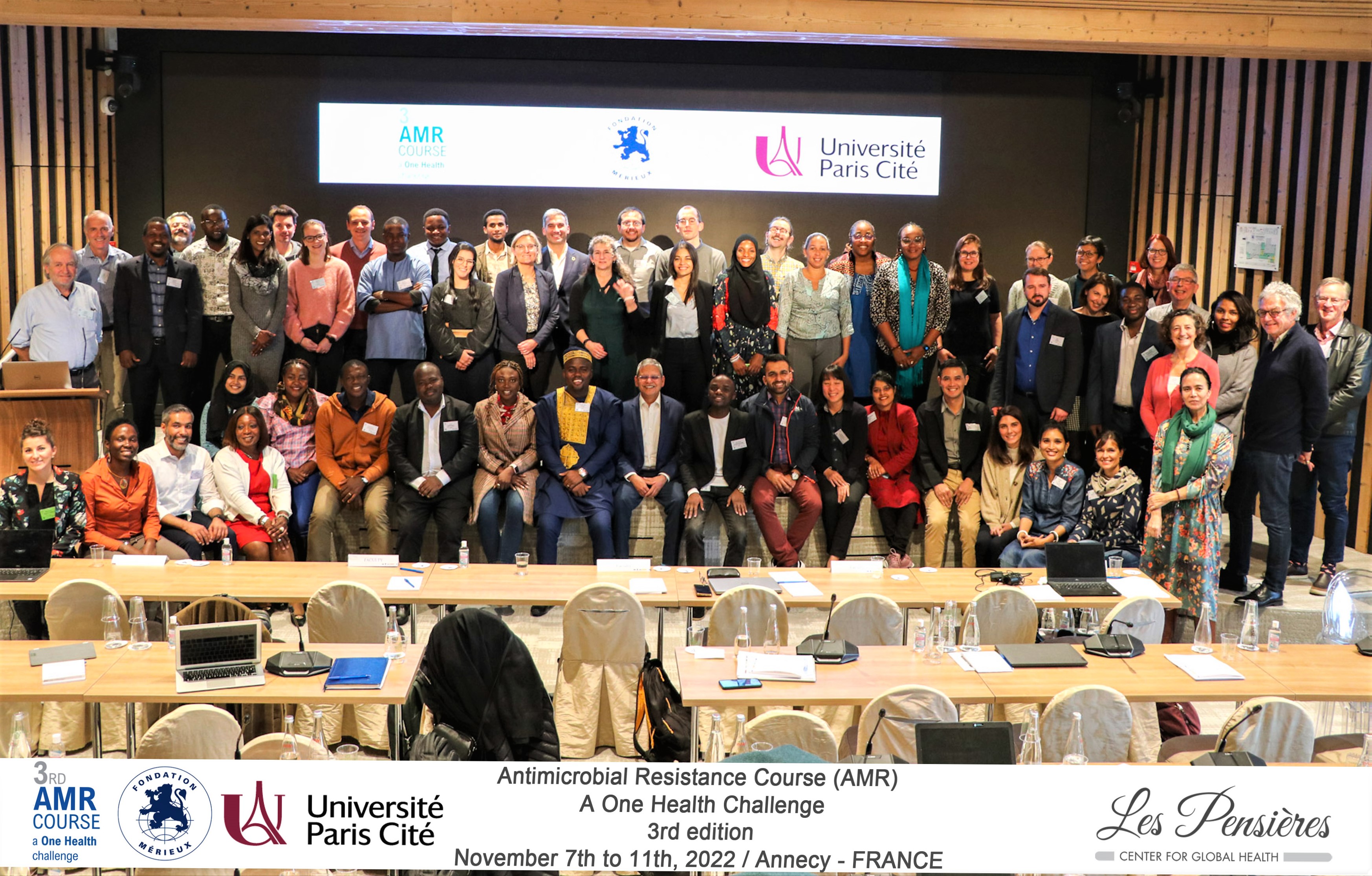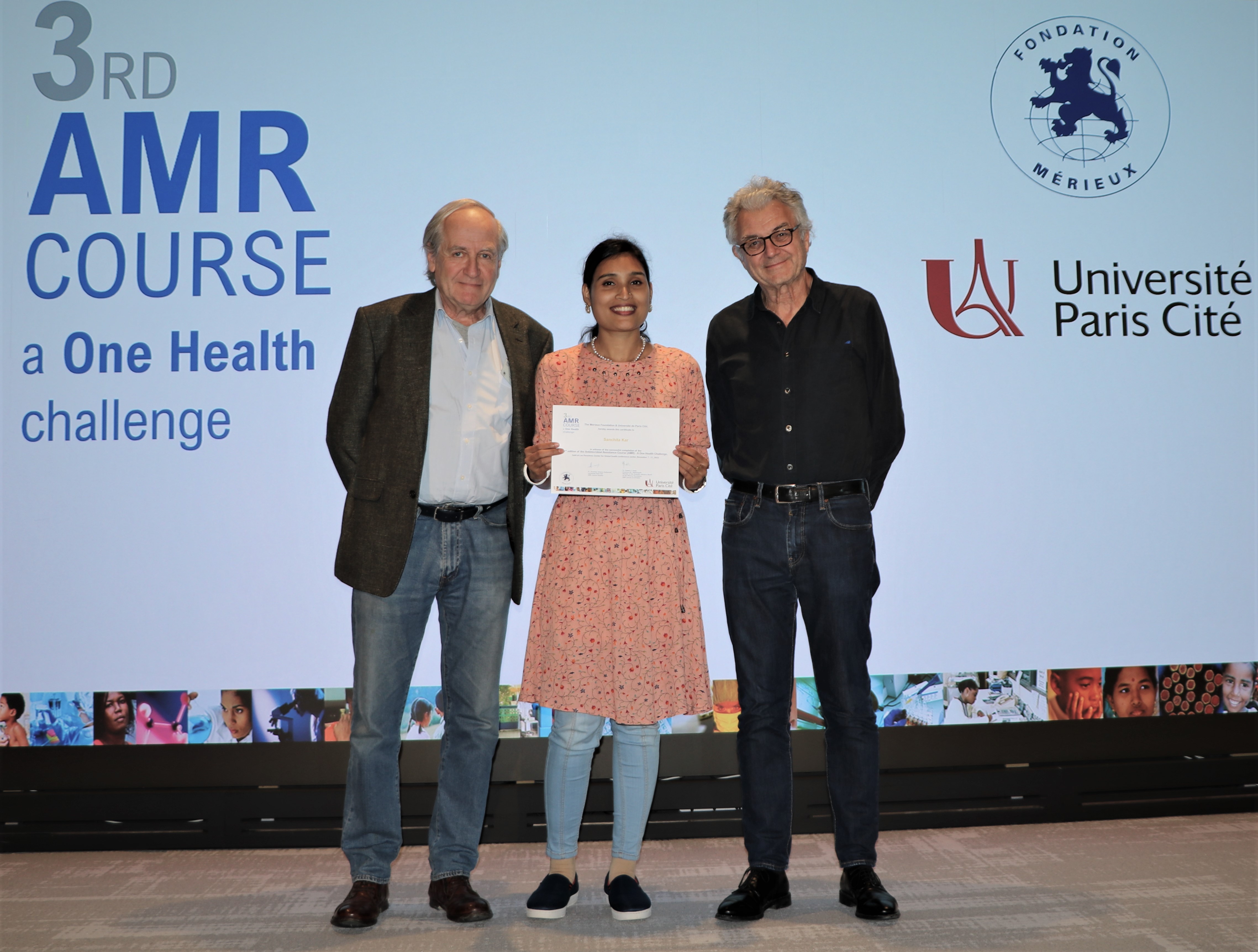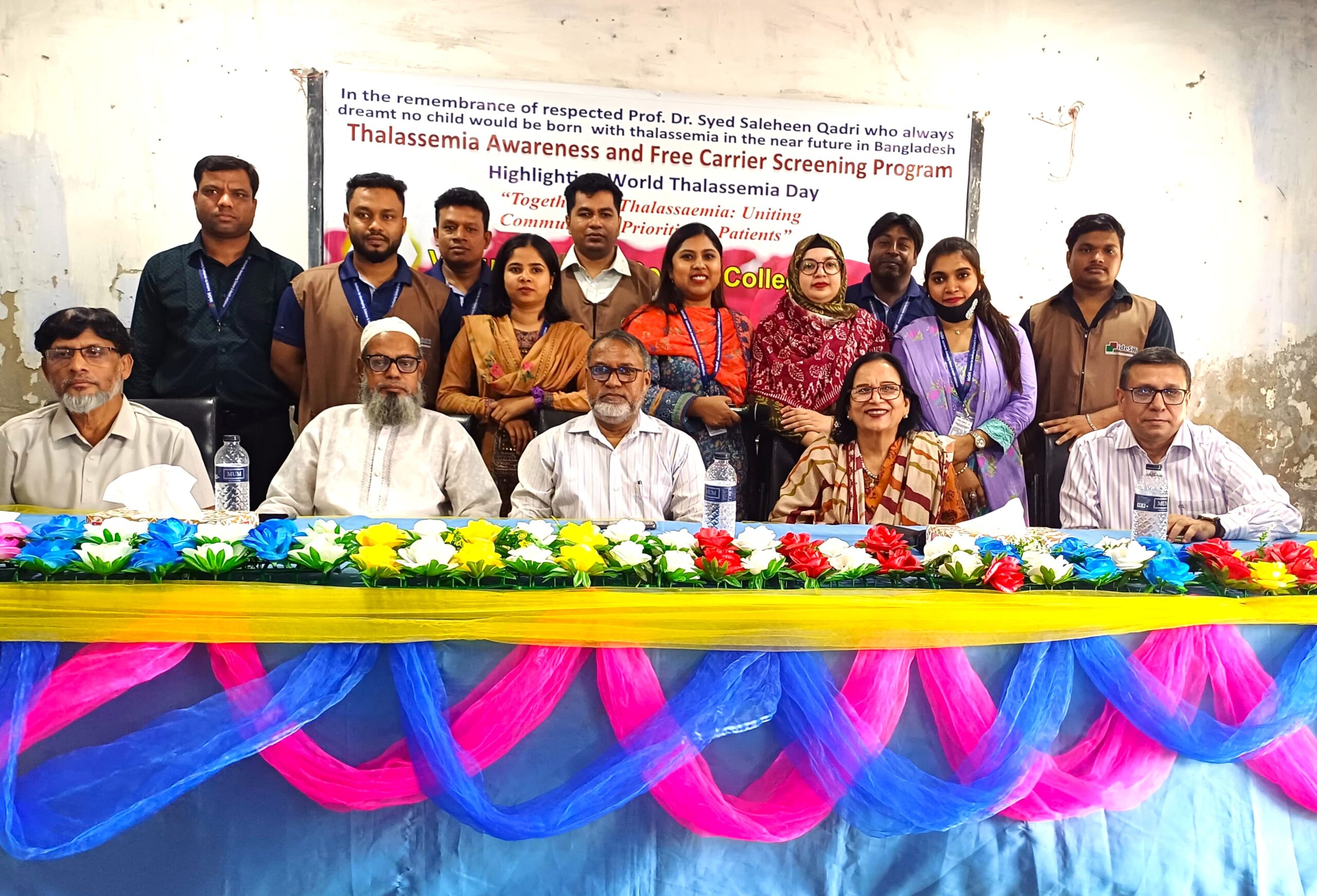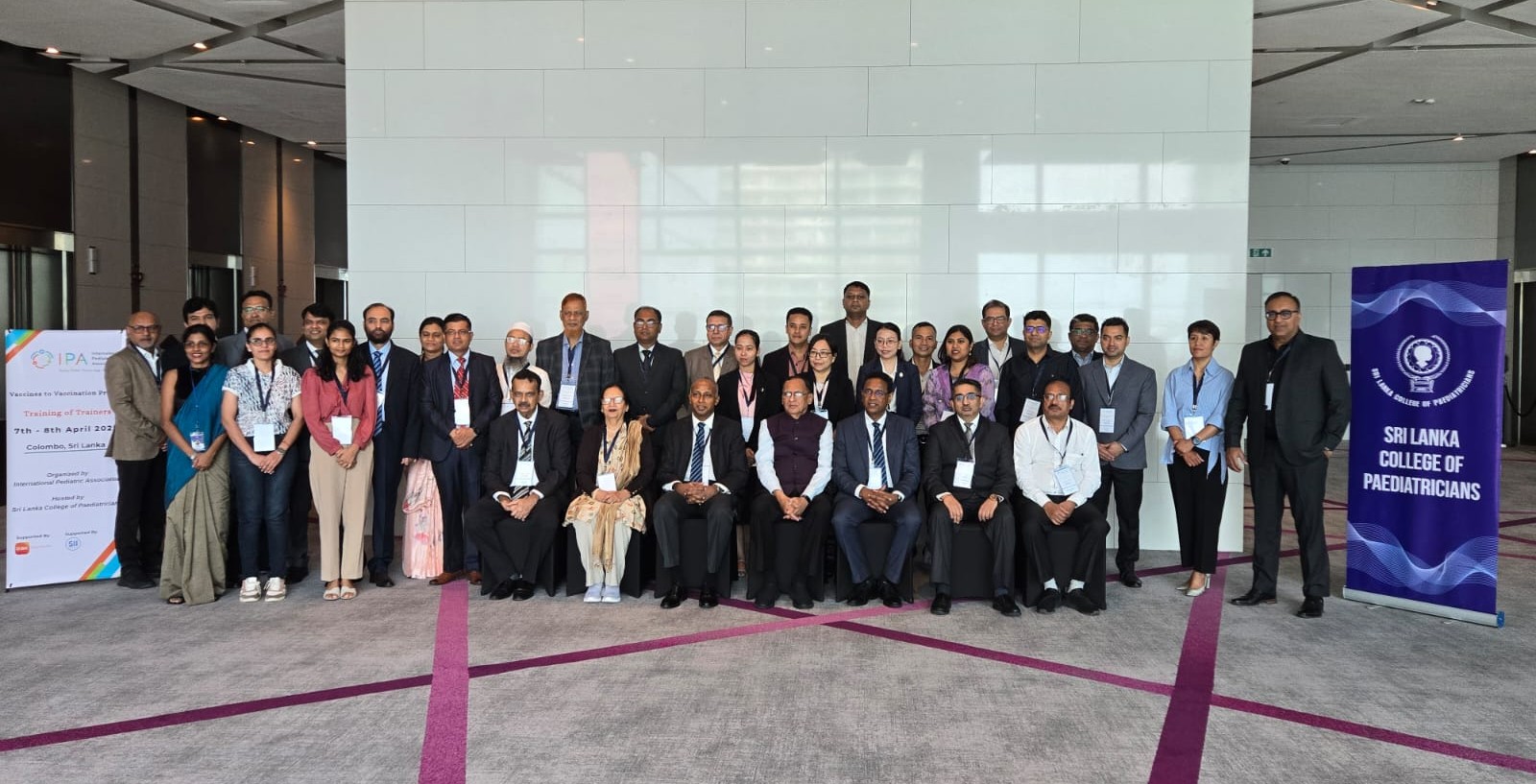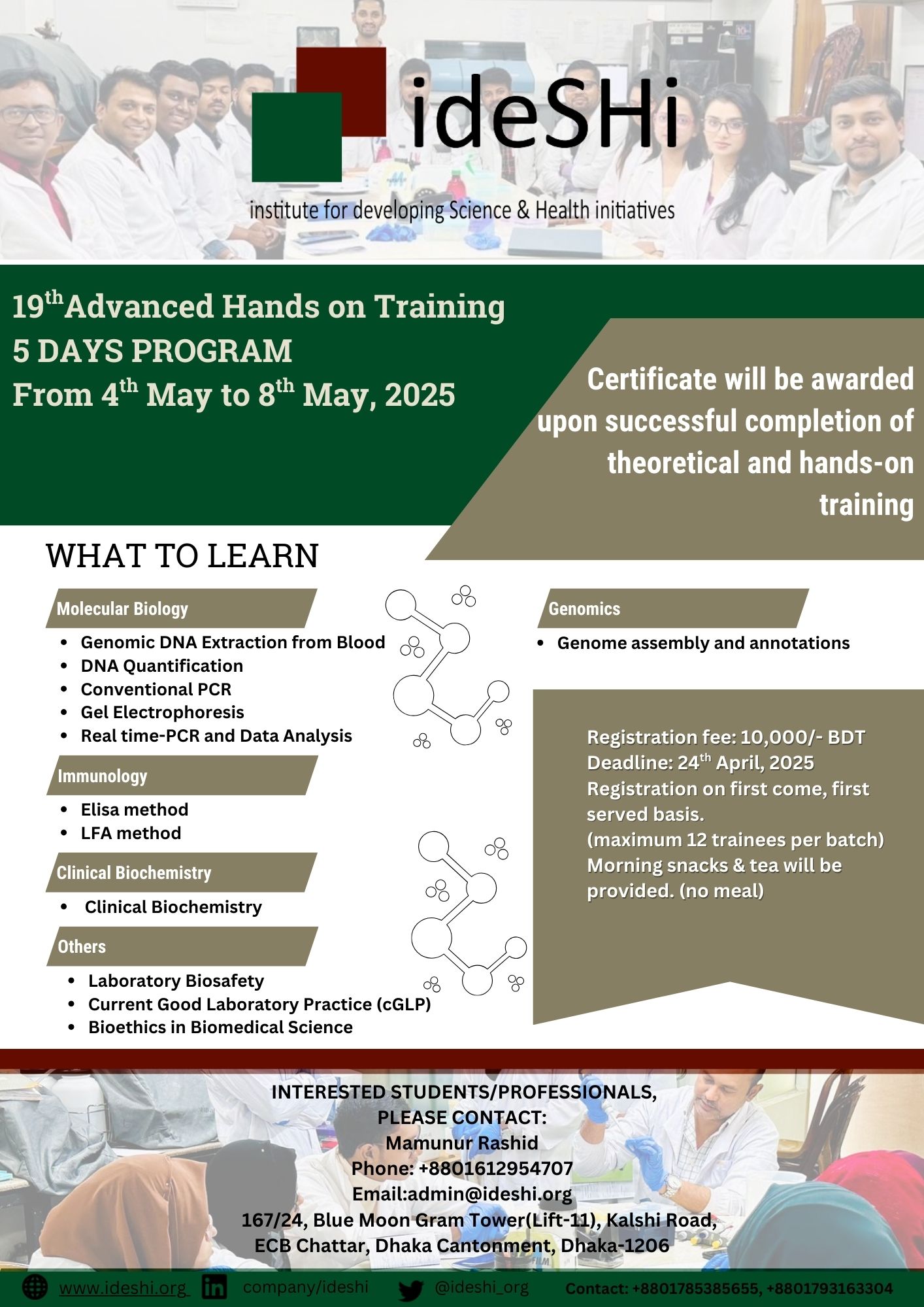Co-organized by the Mérieux Foundation & Université de Paris Les Pensieres Center For Global Health Veyrier-du-Lac – France November 7th to 11th, 2022
Antimicrobial resistance (AMR) is a growing crisis, and the recent comprehensive analysis of the global impact of AMR in The Lancet, estimates that AMR infections were responsible for five million deaths in 2019, a significantly higher number than previously thought (1) with the highest burden in low resource poor settings. The rapid increase in AMR infections threatens the limited number of antimicrobials suitable for treatment, and there is a growing number of AMR pathogens and number of antimicrobials to which bacteria are resistant. In South Asia, which was estimated to consume 25% of the world’s antimicrobials in 2018, antimicrobial overuse across multiple sectors and environmental contamination contribute to AMR (2).
In order to combat AMR, it is vital that countries create and implement their own AMR-National Action Plans (AMR-NAPs) by adopting the AMR-Global Action Plan (GAP) by WHO (World Health Organization) and One Health global strategy.
To support this effort, the Mérieux Foundation and the Université de Paris have conjointly organized intensive training course on AMR in a One Health perspective.
Sanchita Kar, one of our ideSHi members, had the opportunity to participate in this AMR course with fellowship. She has gathered the knowledge of current AMR condition in different perspective, AMR-Global Action Plan (GAP) by WHO with One-Health strategy, potential knowledge gaps as well as the strategy of development and implementation of country AMR-National Action Plans (AMR-NAPs).
Reference:
Murray, C. J., Ikuta, K. S., Sharara, F., Swetschinski, L., Aguilar, G. R., Gray, A., … & Naghavi, M. (2022). Global burden of bacterial antimicrobial resistance in 2019: a systematic analysis. The Lancet, 399(10325), 629-655.
Browne, A. J., Chipeta, M. G., Haines-Woodhouse, G., Kumaran, E. P., Hamadani, B. H. K., Zaraa, S., … & Dolecek, C. (2021). Global antibiotic consumption and usage in humans, 2000–18: a spatial modelling study. The Lancet Planetary Health, 5(12), e893-e904.

